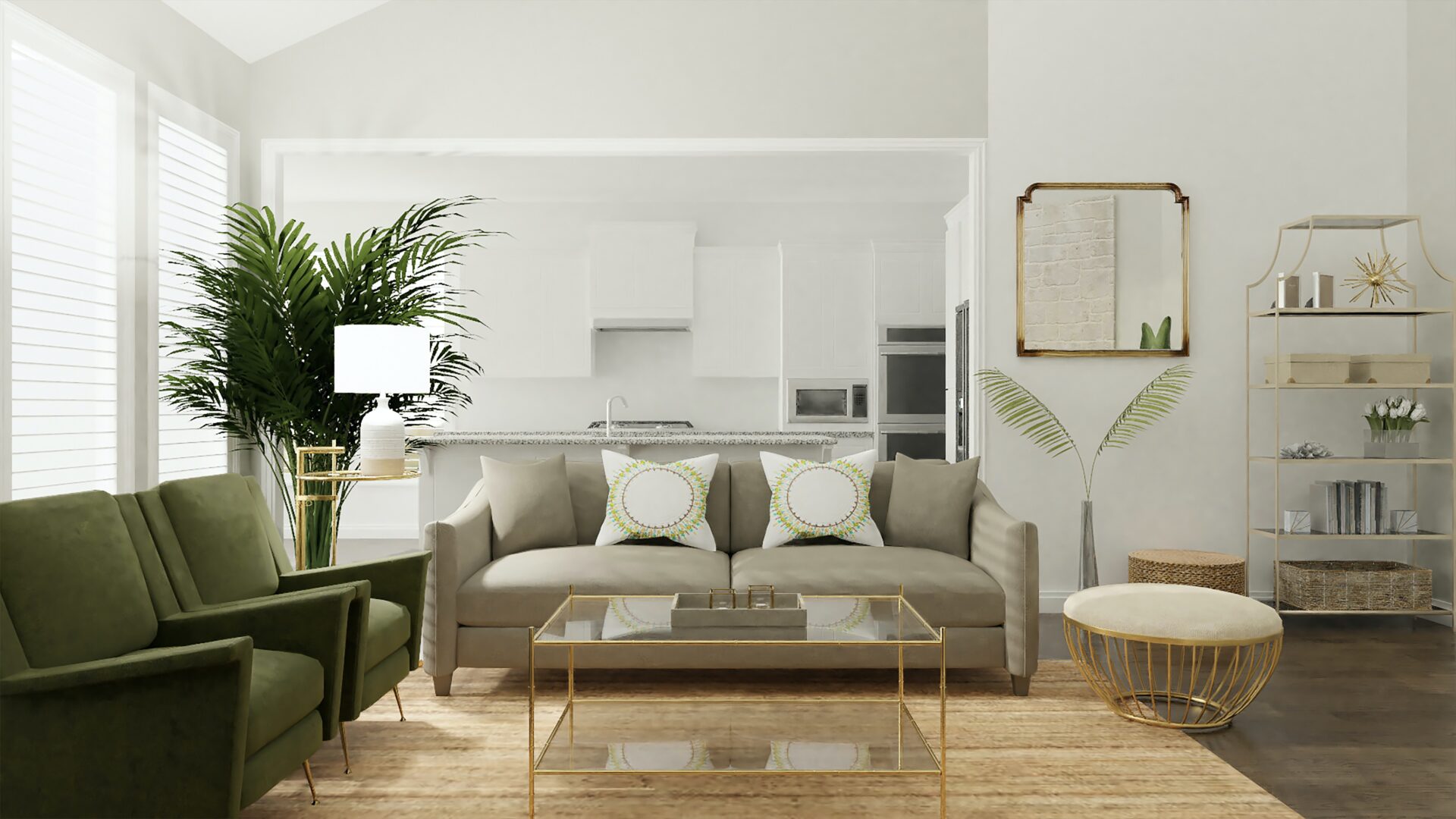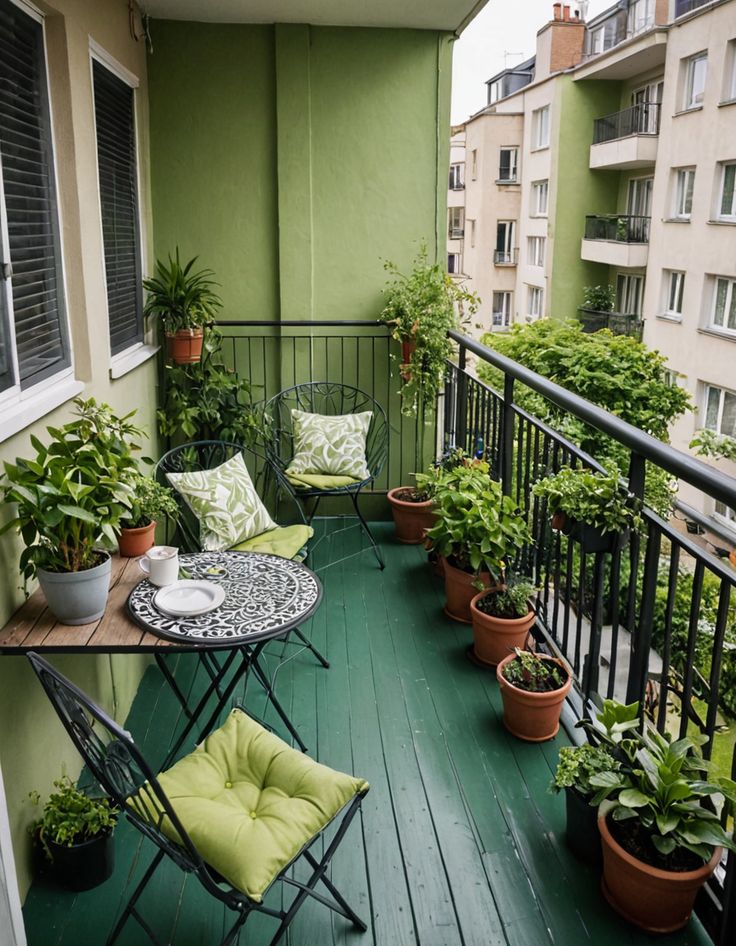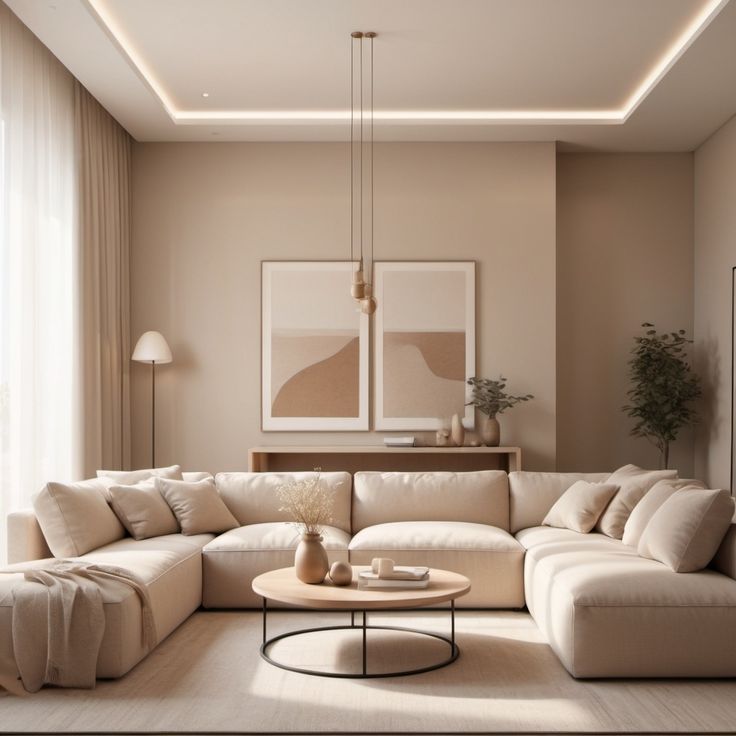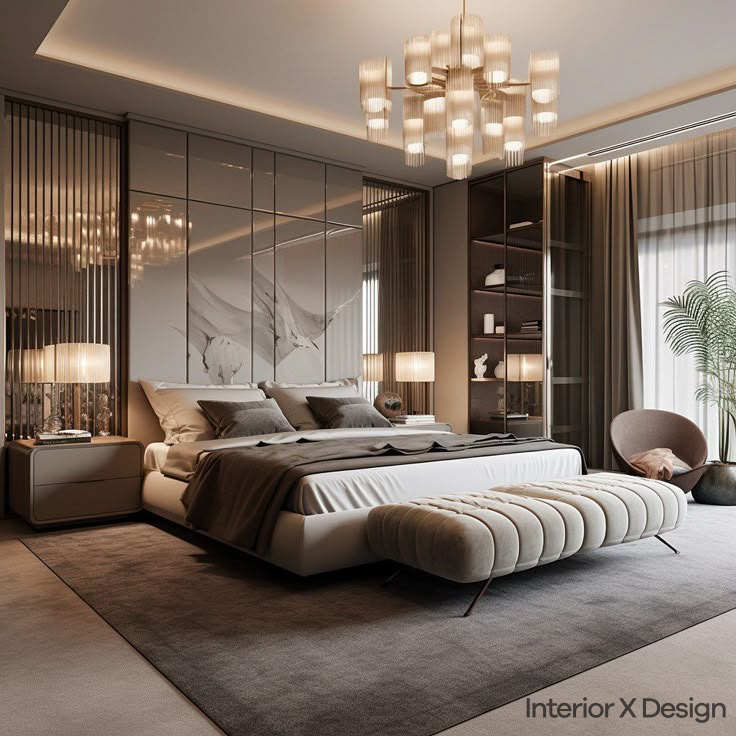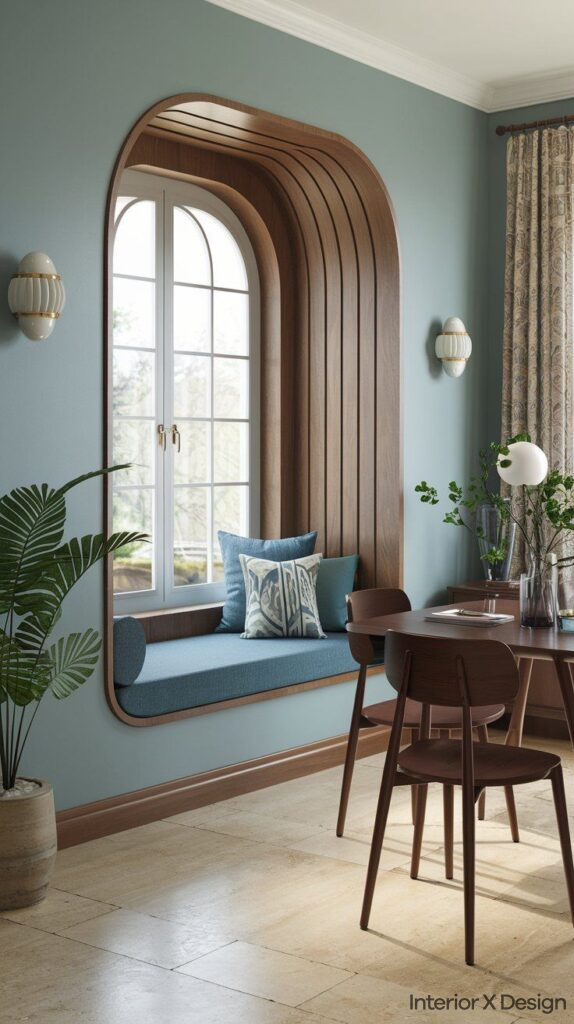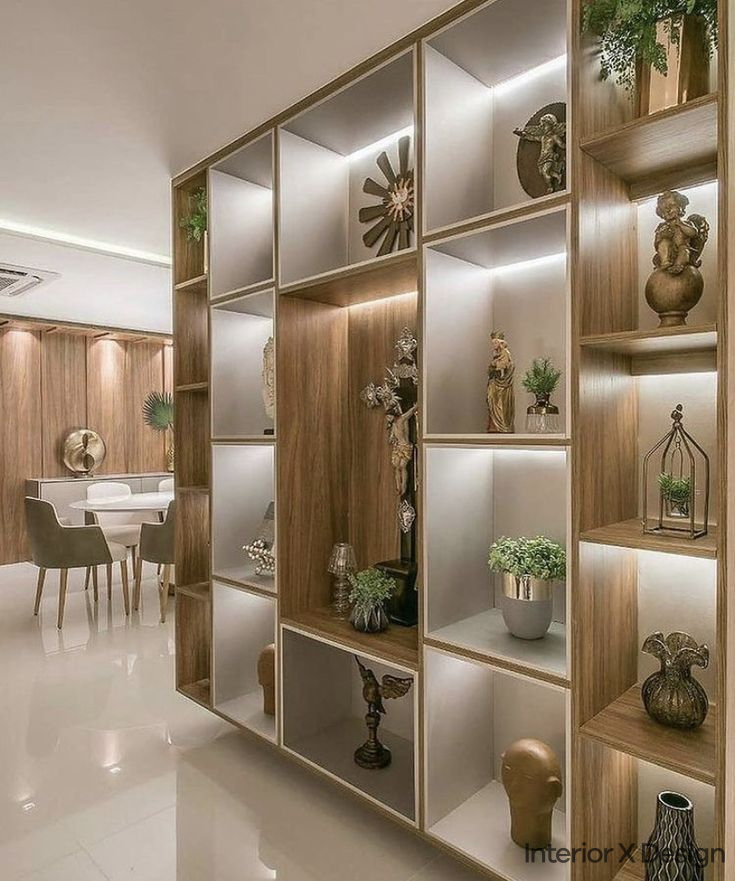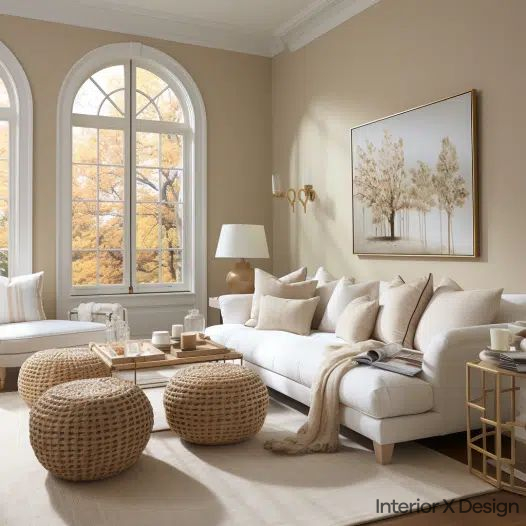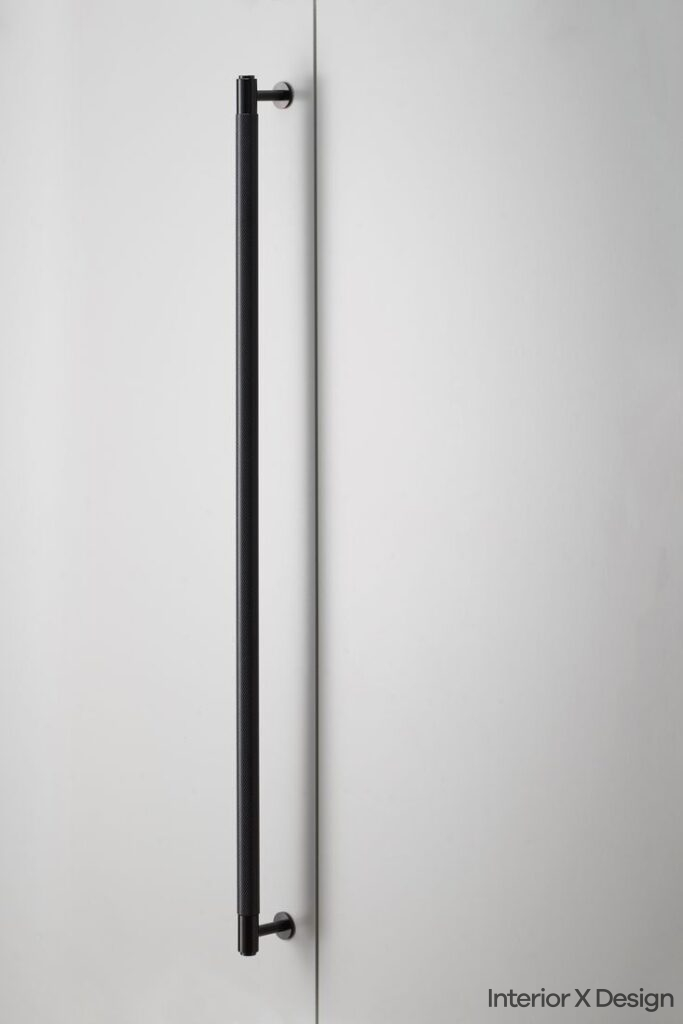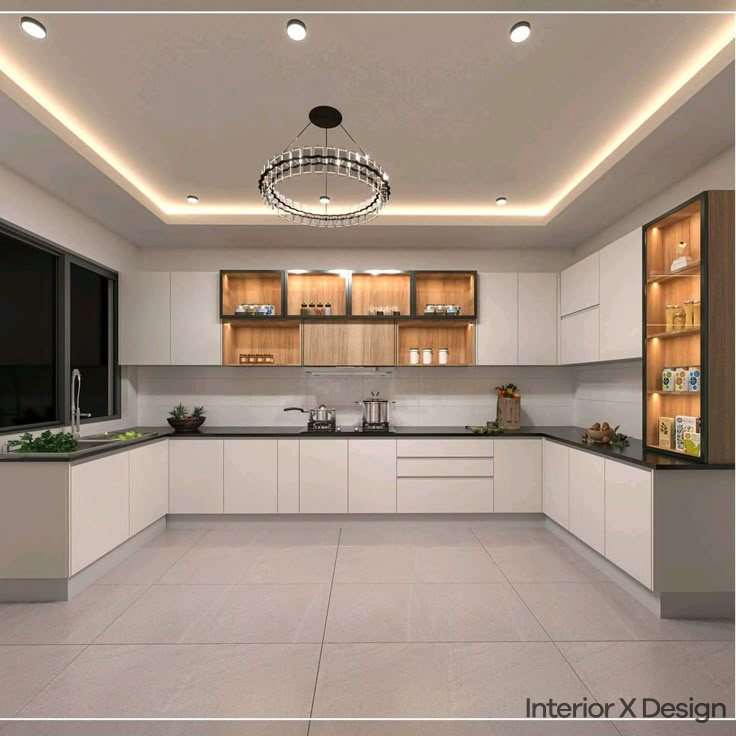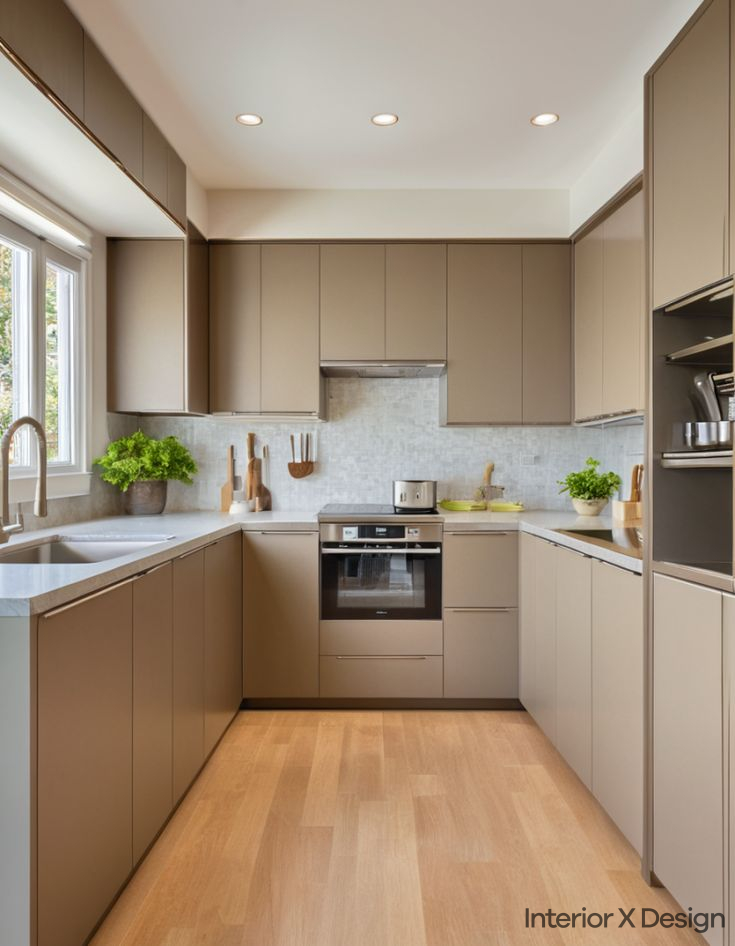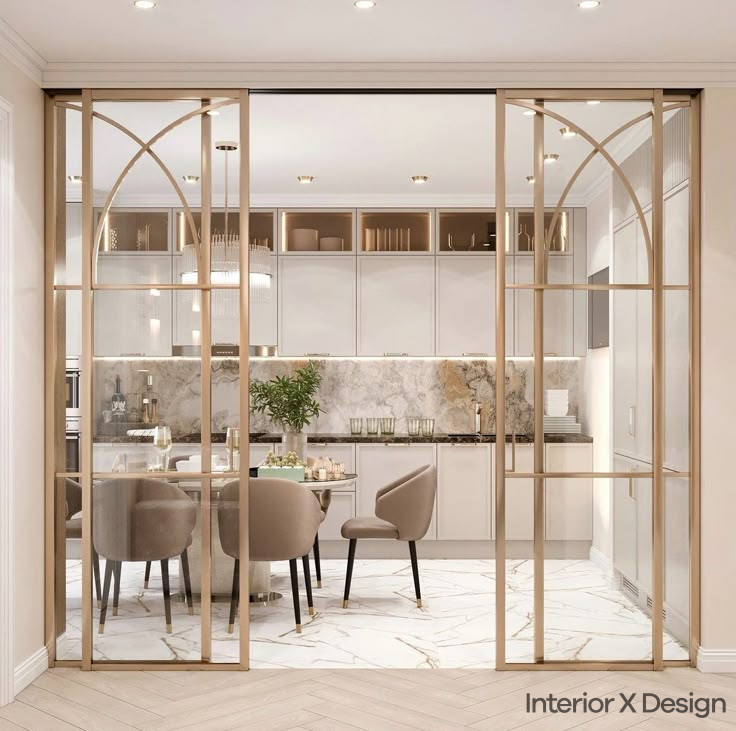Definition of an Interior Design Consultant
An Interior Design Consultant is a professional who advises clients on the aesthetic, functional, and spatial design of interior spaces, helping them create environments that suit their needs and preferences. They often provide expertise on furniture selection, color schemes, lighting, materials, and overall layout to enhance the appearance and usability of residential or commercial spaces.
Importance of Interior Design Consultants
Interior Design Consultants play a crucial role in creating functional, aesthetically pleasing spaces that meet the needs and preferences of their clients. Their expertise ensures that interior spaces are optimized for comfort, efficiency, and visual appeal, whether it’s a home, office, retail store, or any other environment.
They help clients navigate design choices, select appropriate materials, and maximize the potential of a space while adhering to budget and timeline constraints. Ultimately, Interior Design Consultants enhance the quality of life and experience within built environments, contributing to happier, more productive, and visually engaging spaces.
Looking for the Best Interior Designers in India?
What Does an Interior Design Consultant Do?
An Interior Design Consultant typically:
- Consults with clients to understand their needs, preferences, and budget constraints.
- Assesses the space to be designed, considering factors like layout, lighting, and architectural elements.
- Develops design concepts, including color schemes, furniture selection, and material choices.
- Creates floor plans, renderings, and visualizations to help clients visualize the proposed designs.
- Sources furniture, fixtures, accessories, and materials, considering quality, style, and budget.
- Coordinates with architects, contractors, and other professionals to ensure design plans are implemented accurately.
- Provides guidance on spatial planning, furniture arrangement, and interior styling to optimize functionality and aesthetics.
- Manages the project timeline and budget, ensuring that design goals are met efficiently.
- Offers ongoing support and guidance throughout the design and implementation process, addressing any concerns or revisions as needed.
- Delivers a final design that reflects the client’s vision while incorporating the expertise and creativity of the Interior Design Consultant.
Overview of Responsibilities
- Consulting with clients to understand their needs and preferences.
- Developing design concepts and proposals.
- Creating floor plans, renderings, and visualizations.
- Sourcing furniture, fixtures, and materials.
- Coordinating with contractors and other professionals.
- Providing guidance on spatial planning and interior styling.
- Managing project timelines and budgets.
- Offering ongoing support throughout the design process.
Key Skills Required
- Creativity and design flair.
- Strong communication and interpersonal skills.
- Proficiency in design software and tools.
- Knowledge of architectural principles and building codes.
- Ability to interpret and implement client preferences.
- Project management and organizational skills.
- Attention to detail and problem-solving abilities.
- Flexibility and adaptability to meet changing client needs.
Qualifications and Education
- Bachelor’s degree in Interior Design or related field.
- Certification or licensure may be required depending on location.
- Relevant work experience, such as internships or apprenticeships.
- Continued education and professional development to stay current with industry trends and practices.
How to Become an Interior Design Consultant
Educational Requirements:
- Obtain a bachelor’s degree in Interior Design or a related field. This typically involves coursework in design principles, space planning, color theory, materials, and computer-aided design (CAD) software.
- Consider pursuing a master’s degree for advanced knowledge and specialization, though it’s not always required.
Certification and Licensing:
- Research the specific certification and licensing requirements in your region, as they vary by location.
- Consider obtaining certifications from professional organizations such as the National Council for Interior Design Qualification (NCIDQ) or the American Society of Interior Designers (ASID), which can enhance credibility and marketability.
Internships and Work Experience:
- Seek internships or entry-level positions in interior design firms, architecture firms, or related businesses to gain practical experience and build a portfolio.
- Network with professionals in the industry and attend industry events to learn about job opportunities and gain insights into the field.
- Continuously seek opportunities to expand your skills and knowledge through workshops, seminars, and online courses.
- As you gain experience, consider specializing in a particular area of interior design, such as residential, commercial, hospitality, or healthcare design, to further develop your expertise and marketability.
Services Offered by Interior Design Consultants
Services offered by Interior Design Consultants typically include:
Residential Interior Design:
- Consultation with homeowners to understand their lifestyle, preferences, and needs.
- Development of design concepts and mood boards for various rooms.
- Space planning and furniture layout to optimize functionality and flow.
- Selection of color schemes, materials, and finishes for walls, floors, and surfaces.
- Sourcing and procurement of furniture, fixtures, and accessories.
- Collaboration with architects and contractors during renovations or new construction.
- Styling and accessorizing to enhance visual appeal and reflect the client’s personality.
- Project management to ensure timelines and budgets are met.
Commercial Interior Design:
- Collaboration with business owners or stakeholders to understand brand identity and objectives.
- Designing functional and attractive spaces that align with the company’s brand and culture.
- Space planning for efficient workflow and utilization of space.
- Selection of commercial-grade furniture, fixtures, and equipment.
- Integration of branding elements such as logos, colors, and signage.
- Compliance with building codes, regulations, and accessibility standards.
- Coordination with contractors and vendors to execute the design vision.
- Post-occupancy evaluation to ensure client satisfaction and address any concerns.
Specialized Services:
- Sustainable Design: Incorporating eco-friendly materials, energy-efficient systems, and environmentally conscious practices to minimize the project’s environmental impact.
- Universal Design: Designing spaces that are accessible and usable by people of all ages, abilities, and backgrounds, promoting inclusivity and usability.
- Wellness Design: Creating environments that support physical and mental well-being through factors such as natural light, indoor air quality, biophilic elements, and ergonomic furniture.
- Historic Preservation: Renovating or restoring historic properties while preserving their architectural integrity and cultural significance.
- Adaptive Reuse: Repurposing existing buildings or structures for new functions, maximizing their potential and minimizing waste.
- Virtual Design Consultation: Providing design services remotely through digital platforms, including virtual meetings, mood boards, and 3D renderings, to accommodate clients’ preferences and constraints.
Benefits of Hiring an Interior Design Consultant
Benefits of hiring an Interior Design Consultant include:
Expertise and Professional Guidance:
- Access to expert knowledge and experience in design principles, space planning, and material selection.
- Professional guidance throughout the design process, ensuring that the client’s vision is realized while adhering to best practices and industry standards.
- Creative solutions to design challenges, tailored to the client’s preferences, lifestyle, and budget.
- Collaboration with architects, contractors, and vendors to coordinate efforts and streamline the design and implementation process.
Time and Cost Savings:
- Efficient use of resources and budget to maximize value and minimize waste.
- Project management expertise to keep the design process on schedule and within budget constraints.
- Access to trade discounts and industry connections, potentially reducing the overall cost of furnishings, materials, and services.
- Avoidance of costly mistakes and rework by leveraging the consultant’s expertise and attention to detail.
Access to Resources and Networks:
- Access to a network of suppliers, vendors, and artisans, providing access to unique and high-quality products and materials.
- Assistance with sourcing and procurement of furnishings, fixtures, and finishes, saving the client time and effort.
- Recommendations for reputable contractors, tradespeople, and other professionals to execute the design vision with precision and quality.
- Peace of mind knowing that the project is in the hands of a trusted professional who can navigate challenges and ensure a successful outcome.
Factors to Consider When Hiring an Interior Design Consultant
Factors to consider when hiring an Interior Design Consultant include:
Portfolio and Previous Work:
- Review the consultant’s portfolio and previous projects to assess their design style, creativity, and versatility.
- Look for experience in projects similar to yours, whether residential, commercial, or specialized.
- Pay attention to the quality of craftsmanship, attention to detail, and overall aesthetic appeal of their past work.
Communication and Collaboration:
- Evaluate the consultant’s communication style and responsiveness during initial consultations and interactions.
- Assess their ability to listen to your needs, preferences, and concerns, and incorporate them into the design process.
- Consider their approach to collaboration with clients, architects, contractors, and other professionals involved in the project.
- Ensure clear and open communication channels are established to facilitate a smooth and productive working relationship.
Budget and Pricing:
- Discuss your budget and financial expectations upfront to ensure alignment with the consultant’s pricing structure and services.
- Request a detailed breakdown of costs, including design fees, procurement fees, and any other expenses associated with the project.
- Clarify payment terms, milestones, and deadlines to avoid misunderstandings or surprises later in the process.
- Consider the value proposition offered by the consultant in terms of expertise, services, and potential cost savings versus the overall project budget.
Final Thoughts
The impact and value of Interior Design Consultants cannot be overstated. Their expertise, creativity, and attention to detail contribute to the success of design projects by transforming spaces into visually stunning and highly functional environments. Beyond aesthetics, Interior Design Consultants enhance the well-being and satisfaction of occupants by creating spaces that reflect their personalities, support their lifestyles, and promote productivity and comfort. By offering guidance, expertise, and personalized solutions, Interior Design Consultants elevate the design experience and ensure that clients’ visions are realized to their fullest potential.

